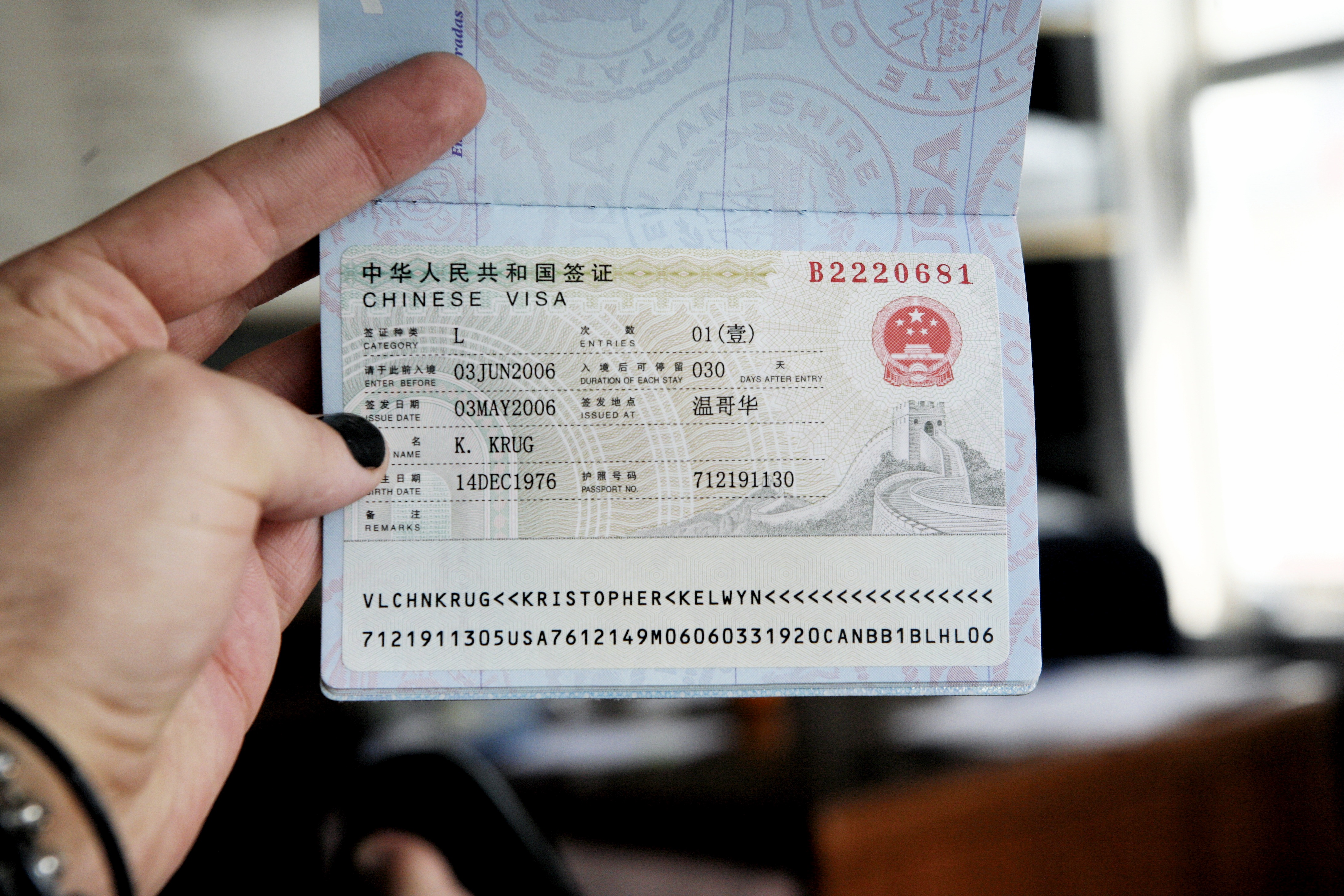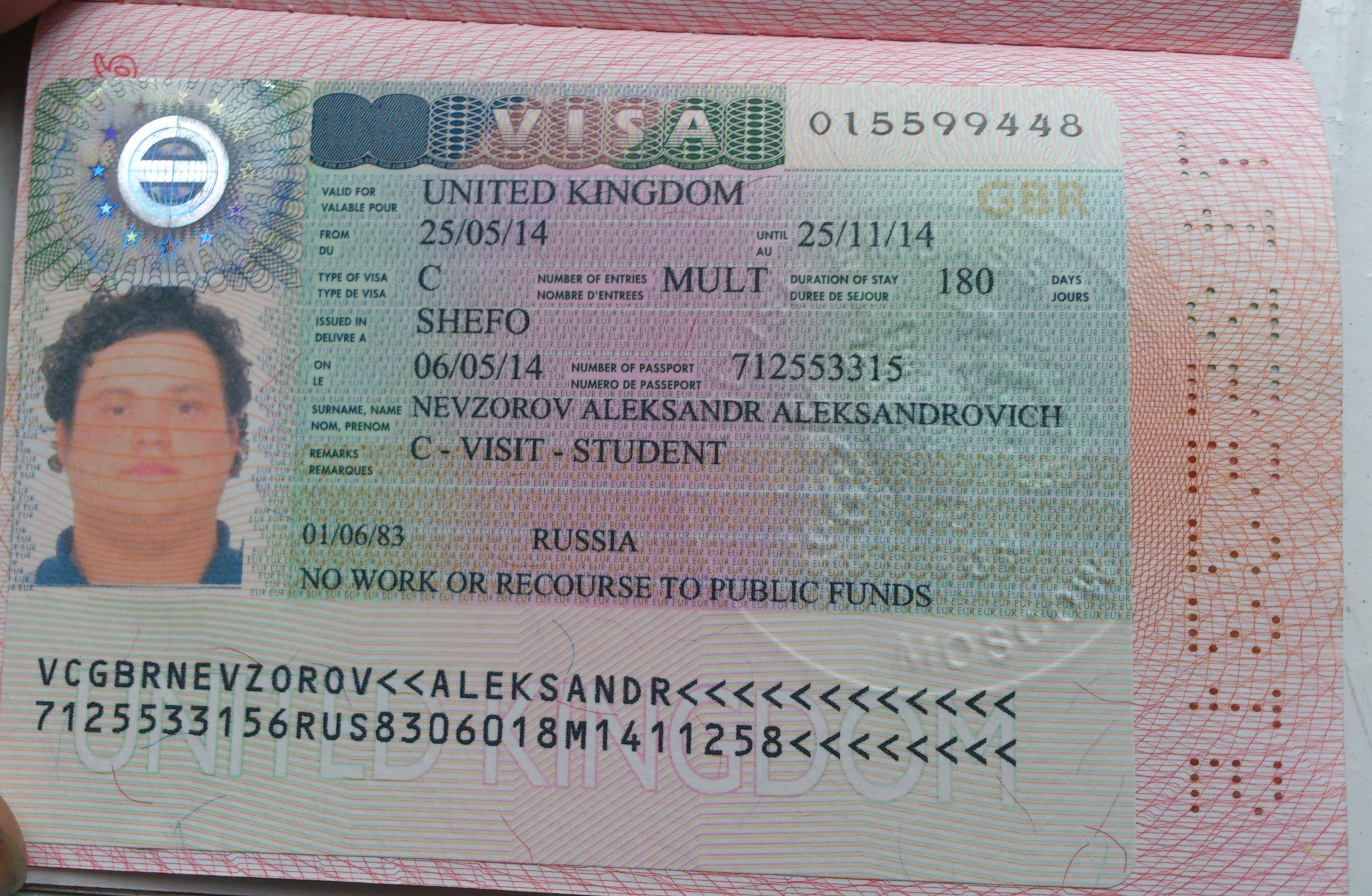In an increasingly interconnected world, many individuals aspire to settle down in different countries, seeking new opportunities and experiences. For those considering the United Kingdom as their future home, obtaining UK residency can be a complex and intricate process. To bring clarity and guidance to this intricate process, this article serves as a comprehensive guide, designed to navigate you through the steps to acquire UK residency. Whether you are contemplating work, study, or family reunification, understanding the requirements and procedures involved is essential to ensure a successful transition and integration. Throughout this detailed and informative article, we will lay out the necessary steps, providing you with the knowledge and tools to efficiently navigate the path to UK residency.
Requirements for UK Residency: Understanding the Criteria and Eligibility
Criteria for UK Residency:
Obtaining UK residency is an important step for individuals seeking to establish a stable life in the United Kingdom. Understanding the criteria and eligibility requirements is crucial to ensure a smooth application process. Here, we outline the key criteria that applicants should meet to be considered for UK residency.
1. Length of Stay: One of the primary requirements is the length of time an individual has resided in the UK. Generally, applicants must have lived in the UK for a minimum of five continuous years.
2. Immigration Status: To be eligible for residency, individuals must have the appropriate immigration status. This can vary depending on the circumstances, such as being a family member of a UK citizen, holding a work visa, or seeking asylum.
3. Financial Capability: Demonstrating financial stability is another essential aspect of the UK residency application. Applicants are typically required to prove that they can support themselves and any dependents financially without relying on public funds.
4. Good Character: UK residency applicants must have a clean criminal record and show that they are of good character. This means not being involved in any criminal activities or actions that could potentially harm the security or reputation of the country.
It is important to note that the above criteria are general guidelines, and each residency application is assessed on an individual basis. Understanding these requirements and working closely with immigration professionals can increase the chances of a successful application. For those who meet the eligibility criteria, obtaining UK residency opens up a world of opportunities for education, work, and a fulfilling life in this diverse and vibrant country.

Assessing Visa Options: Exploring Different Paths to Residency in the UK
When it comes to residency in the United Kingdom, there are several visa options to consider. Whether you are seeking to relocate for work, education, or personal reasons, understanding the available paths is essential. In this section, we will delve into the various visa categories, providing you with a comprehensive overview of the routes to residency in the UK.
1. Tier 1 Visa: Innovators, Investors, and Exceptional Talent
If you are an entrepreneur, investor, or possess exceptional skills in your field, the Tier 1 visa category may be the right fit for you. This route offers opportunities for those who can demonstrate innovative business ideas, substantial financial investments, or outstanding achievements in arts, sciences, or humanities. The Innovator, Investor, and Exceptional Talent visas fall under this category, each with its specific criteria and requirements.
2. Tier 2 Visa: Skilled Workers
For individuals seeking employment opportunities in the UK, the Tier 2 visa is a common choice. It is designed for skilled workers who have a job offer from a UK employer. To be eligible, you must meet certain skill and salary thresholds, as well as obtain sponsorship from the employer. Under the Tier 2 route, there are several subcategories, including General, Intra-Company Transfer, and Minister of Religion, each catering to specific employment circumstances.
3. Tier 4 Visa: Students
If you have aspirations of pursuing higher education in the UK, the Tier 4 visa is the path to consider. Designed for international students, this visa allows you to study at a UK educational institution. To apply, you must have an offer from a recognized educational institution, prove your English language proficiency, and demonstrate sufficient funds to cover your tuition fees and living expenses. The Tier 4 visa also provides opportunities for post-study work and potential pathways to other visa categories.
4. Other Visa Options
While the aforementioned categories cover the most common routes, the UK offers various other visa options catering to specific circumstances. These include the Family visa for joining relatives who are UK residents or citizens, the Tier 5 visa for temporary workers or young individuals on the Youth Mobility Scheme, and the Ancestry visa for those with British ancestry. Each visa category has its unique eligibility criteria and requirements, so it is essential to thoroughly research which option suits your situation best.

Navigating the Points-Based System: Making Sense of the UK Visa System
Obtaining a visa to enter and work in the United Kingdom can feel like a daunting task, especially with the complex Points-Based System in place. However, understanding the key aspects of this system can make the process much more manageable. Here, we break down the UK Visa System, providing you with the necessary information to navigate this intricate landscape with confidence.
1. Visa Types
There are several visa types under the Points-Based System, each catering to specific circumstances. For skilled workers, the Tier 2 (General) visa is commonly sought after. This visa requires sponsorship from a UK employer and a valid Certificate of Sponsorship. Other relevant visa types include the Tier 1 (Investor) visa for high-net-worth individuals, the Tier 4 (Student) visa for those pursuing education in the UK, and the Tier 5 (Youth Mobility Scheme) visa for young people from certain countries.
2. Points Allocation
The Points-Based System operates on a points-based assessment, whereby applicants must accumulate a certain number of points to be eligible for a visa. Points are awarded based on various criteria such as qualifications, English language proficiency, prospective salary, and available maintenance funds. It is crucial to carefully review the requirements and ensure all necessary supporting documents are submitted to maximize your chances of success.
3. Sponsoring Employers
If you are applying for a visa that requires sponsorship, it is vital to find a licensed UK employer who is willing to sponsor your application. They must hold a valid Sponsorship License and issue you with a Certificate of Sponsorship. The employer will also need to fulfill specific criteria and adhere to certain responsibilities throughout your employment in the UK. It is advisable to seek professional assistance to ensure compliance with these requirements.
In conclusion, comprehending the UK Visa System is an essential step in making your way through the Points-Based System. Familiarizing yourself with the various visa types, understanding the points allocation system, and finding a reliable sponsoring employer are crucial elements in successfully obtaining a UK visa. Remain diligent, seek guidance when needed, and you will be well on your way to accomplishing your goals in the United Kingdom.

Sponsoring a Family Member: Guidelines for Bringing Dependents to the UK
Bringing your family members to the UK can be an exciting endeavor, but it’s important to understand the guidelines and requirements involved in sponsoring their visa. Here are some key points to consider:
- Eligible Family Members: As a UK resident or citizen, you may be able to sponsor your spouse, civil partner, unmarried partner, children, or other dependent relatives such as parents or grandparents. Each category has specific requirements that need to be met, so it’s crucial to check the official UK Visas and Immigration website for the most up-to-date information.
- Income Threshold: In most cases, you will need to meet a minimum income threshold to demonstrate your ability to support your family members financially. The required amount depends on various factors, including the number of dependents and whether you are sponsoring a partner, child, or parent. Ensuring your income meets the specified threshold is vital to avoid any delays or rejections in the visa application process.
- Proof of Relationship: When sponsoring a family member, it’s essential to provide thorough documentation that proves your relationship with them. This may include marriage certificates, birth certificates, adoption certificates, or proof of cohabitation. Providing accurate and complete evidence strengthens your case and helps establish a genuine relationship.
- English Language Requirements: Depending on the visa category, your family members may need to meet certain English language proficiency levels. This requirement varies, so it’s crucial to check the specific guidelines for each dependent. If the language requirement is not met, your family members might be required to take an approved English language test.
Sponsoring a family member to join you in the UK can undoubtedly bring joy and togetherness, but it requires careful planning and adherence to the guidelines. Understanding the eligibility criteria, income thresholds, necessary documentation, and language requirements will help ensure a smooth and successful application process. For detailed information, visit the UK Visas and Immigration website or consult an immigration professional.

Managing Documents and Requirements: Ensuring a Smooth Residency Application Process
Embarking on the journey to apply for residency can be an overwhelming process, but with careful management of your documents and requirements, you can ensure a smooth transition. Here are some tips to help you navigate this crucial phase of your residency application:
- Gather and Organize Your Documents: Begin by creating a checklist of all the necessary documents and requirements for your residency application. This may include your CV, personal statement, letters of recommendation, transcripts, and test scores. Take the time to gather and organize these documents in a digital or physical file to ensure easy access when needed.
- Review and Proofread: Carefully review each document, paying attention to details such as formatting, grammar, and spelling errors. Take the opportunity to proofread your personal statement thoroughly to ensure it effectively highlights your strengths, experiences, and aspirations. Consider seeking feedback from trusted mentors or advisors to further enhance the quality of your documents.
- Meet Deadlines: Timeliness is critical in the residency application process. It is essential to closely follow the application timeline and adhere to specific deadlines. Make a note of important dates, such as when the applications open and close, when your supporting documents are due, and when interview invitations may be sent. Staying on top of these deadlines will help you avoid unnecessary stress and delays.
- Stay Organized Throughout the Process: As you progress through the application process, maintain a dedicated system to track your progress. Keep a record of each application you submit, including dates, confirmation numbers, and any unique requirements for individual programs. Being organized will not only help you stay focused but also give you peace of mind knowing that you have everything under control.
By effectively managing your documents and requirements, you can streamline your residency application process and increase your chances of success. Remember, attention to detail, organization, and meeting deadlines are key ingredients in presenting your application in the best possible light.

Settling in the UK: Essential Tips for Successful Integration
Settling into a new country can be both exciting and challenging, but with the right approach and preparation, it can be a rewarding experience. To help you navigate the process of integration into life in the United Kingdom, we have compiled a list of essential tips. These tips will assist you in adapting to the rich cultural diversity, making new friends, and mastering the skills necessary for a successful life in the UK.
1. Learn the Language:
One of the most important steps towards successful integration is learning the English language. Being fluent in English will not only help you in daily interactions but also open doors to employment opportunities and deeper social connections. Consider enrolling in English language classes, using language learning apps, or practicing with language exchange partners.
2. Understand British Customs and Culture:
The UK has a unique set of customs and cultural practices that may differ from your home country. Embracing the local customs and traditions will help you feel more comfortable and build important relationships with locals. Take the time to learn about tea-drinking etiquette, familiarize yourself with British humor, and understand the local sports and interests. Respect for cultural diversity is valued in the UK, so keep an open mind and appreciate the differences.
3. Connect with Local Communities:
Building a network of friends and acquaintances is crucial for a successful integration in the UK. Reach out to local communities, join social clubs, attend community events, or volunteer for local causes. This will not only help you combat feelings of homesickness but also provide you with a support system and opportunities to understand British life from a local perspective. Making an effort to befriend people from various backgrounds will enrich your integration experience and broaden your horizons.
Integrating successfully into a new culture takes time, patience, and effort. Remember to embrace new experiences, stay positive, and be open to learning from the diverse environment that the UK offers. By following these essential tips, you will be well on your way to establishing a fulfilling and vibrant life in the United Kingdom.
Key Takeaways
In conclusion, acquiring UK residency is a process that requires careful planning, preparation, and diligent adherence to the requirements outlined in this comprehensive guide. We have traversed the various steps, from deciding on the appropriate visa category to fulfilling the necessary criteria, understanding the complexities of the points-based system, and navigating the application process.
Remember, obtaining UK residency is not an overnight endeavor; it demands time, patience, and a thorough understanding of the laws and policies. Whether you are seeking to study, work, join family or settle permanently, the information provided here serves as a valuable resource to guide you through this intricate journey.
As with any legal process, it is vital to stay updated on the latest developments and changes in immigration regulations. Consulting with immigration professionals or seeking advice from reliable sources is highly recommended to ensure accurate guidance throughout your residency application.
The opportunity to live, work, or study in the United Kingdom is a significant step towards realizing one’s aspirations, expanding horizons, and experiencing a new cultural landscape. Through insightful research, meticulous organization, and persistent efforts, you can navigate the complexities of UK immigration and embark on a path towards a brighter future.
The information shared in this guide aims to empower and enable prospective applicants to make well-informed decisions and successfully navigate the complexity of the UK residency process. We hope that the insights shared here have helped demystify the journey towards residency and provided a solid foundation for your next steps.
Remember, patience, determination, and adherence to the requirements are key. By following the outlined steps and seeking expert advice when needed, you can confidently pursue your goal of attaining UK residency. Good luck on your journey!





